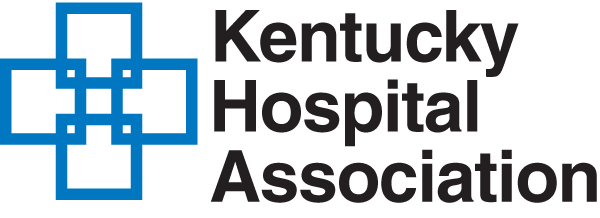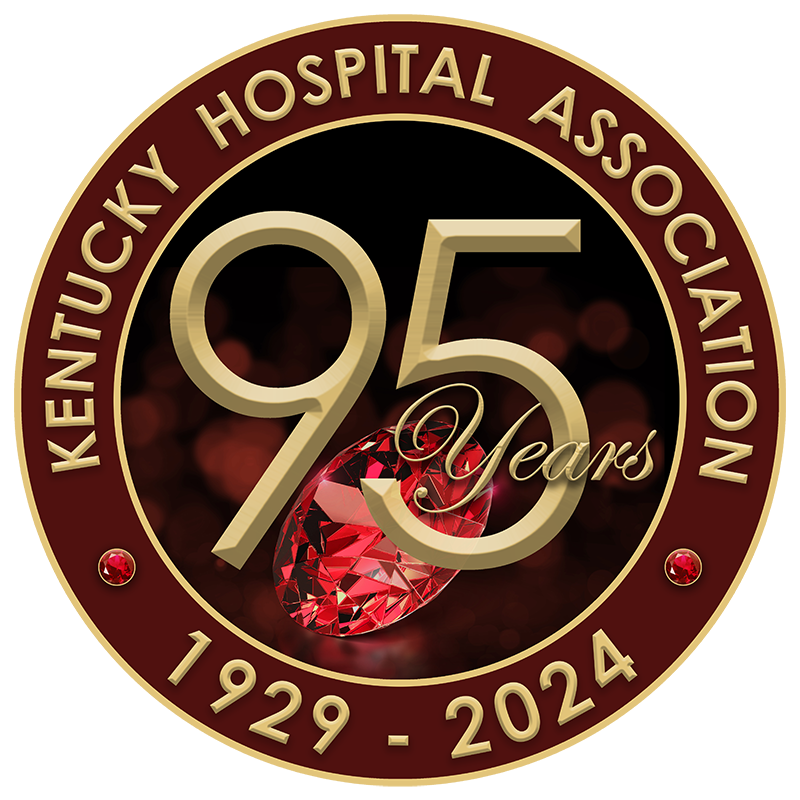|
Webinar: The CMS Hospital Conditions of Participation (CoPs) Made Easy 2020 Part 4
Wednesday, August 26, 2020, 10:00 AM - 12:00 PM EDT
Category: Education
If a CMS surveyor showed up in your hospital tomorrow, would you be prepared? This five part webinar series will cover the entire CMS Hospital CoP manual. It is a great way to educate everyone in your hospital on all the sections in the CMS hospital manual especially ones that applies to their department. Hospitals have seen a significant increase in survey activity by CMS. This program will discuss the most problematic standards. The program will cover how the hospital can do a gap analysis to assist in compliance with the CoPs. RegistrationThis program will also include the 600 pages of final changes in 2020.This includes the final discharge planning standards and the Hospital Improvement Rule. This includes changes to history and physicals, system wide QAPI and infection control, autopsy, discharge planning, infection control, antibiotic stewardship, medical records, nursing, outpatient, the role of non-physicians in psychiatric hospitals and more. The ligature risk and prevention of suicide will be covered which is a hot area of compliance. Every hospital that accepts payment for Medicare and Medicaid patients must comply with the Centers for Medicare & Medicaid Services Conditions of Participation. This manual has interpretive guidelines that must be followed for all patients treated in the hospital or hospital owned departments.Facilities accredited by the Joint Commission (TJC), HFAP, CIHQ, and DNV GL Healthcare must follow these regulations. There are sections on medical record services, dietary, utilization review, emergency department, surgical services, anesthesia, PACU, medical staff, nursing services, lab, outpatient department, rehabilitation, radiology, respiratory, physical environment, pharmacy, infection control, organ and tissue, patient rights and discharge planning. Hospitals should perform a gap analysis to ensure they are compliant with all these interpretive guidelines and assign one person to be responsible for ensuring compliance. The interpretive guidelines serve as the basis for determining hospital compliance and there have been many changes in the recent years. There have been significant changes and many important survey memos issued also.CMS issued the final surveyor worksheets for assessing compliance with the QAPI, infection control and discharge planning standards. The proposed changes to the infection control worksheet will be discussed. The worksheets are used by State and Federal surveyors on all survey activities in hospitals when assessing compliance. Changes in the recent past were made to the medical staff, board, radiology, nuclear medicine, UR, nursing, pharmacy, dietary and outpatient regulations. There were changes to texting of orders, ligature risks, discharge planning, safe opioid use, IV medication, blood and blood products, safe opioid use, privacy and confidentiality, visitation, informed consent, advance directives, rehab and respiratory orders, radiology, QAPI, texting of orders, preventive maintenance, timing of medication, telemedicine, standing orders, informed consent, plan of care, humidity level, Complaint manual and reporting the accreditation organizations, organ procurement contracts, and adverse event reporting to the QAPI program. There were also a record breaking number of survey and certification memos issued over the past few years. Part 4 of 5: QAPI, Medical Staff, Dietary, Radiology, Lab, UR, and Facility Services Objectives:
Medical Staff, Board, and CEO
Quality Assessment and Performance Improvement
Radiological Services
Laboratory Services and Look Back Program
Food and Dietary Services
Utilization Review
Physical Environment
Contact: Tammy Wells |

 Prev Month
Prev Month View Month
View Month Search
Search Go to Month
Go to Month Next Month
Next Month Export Event
Export Event 
